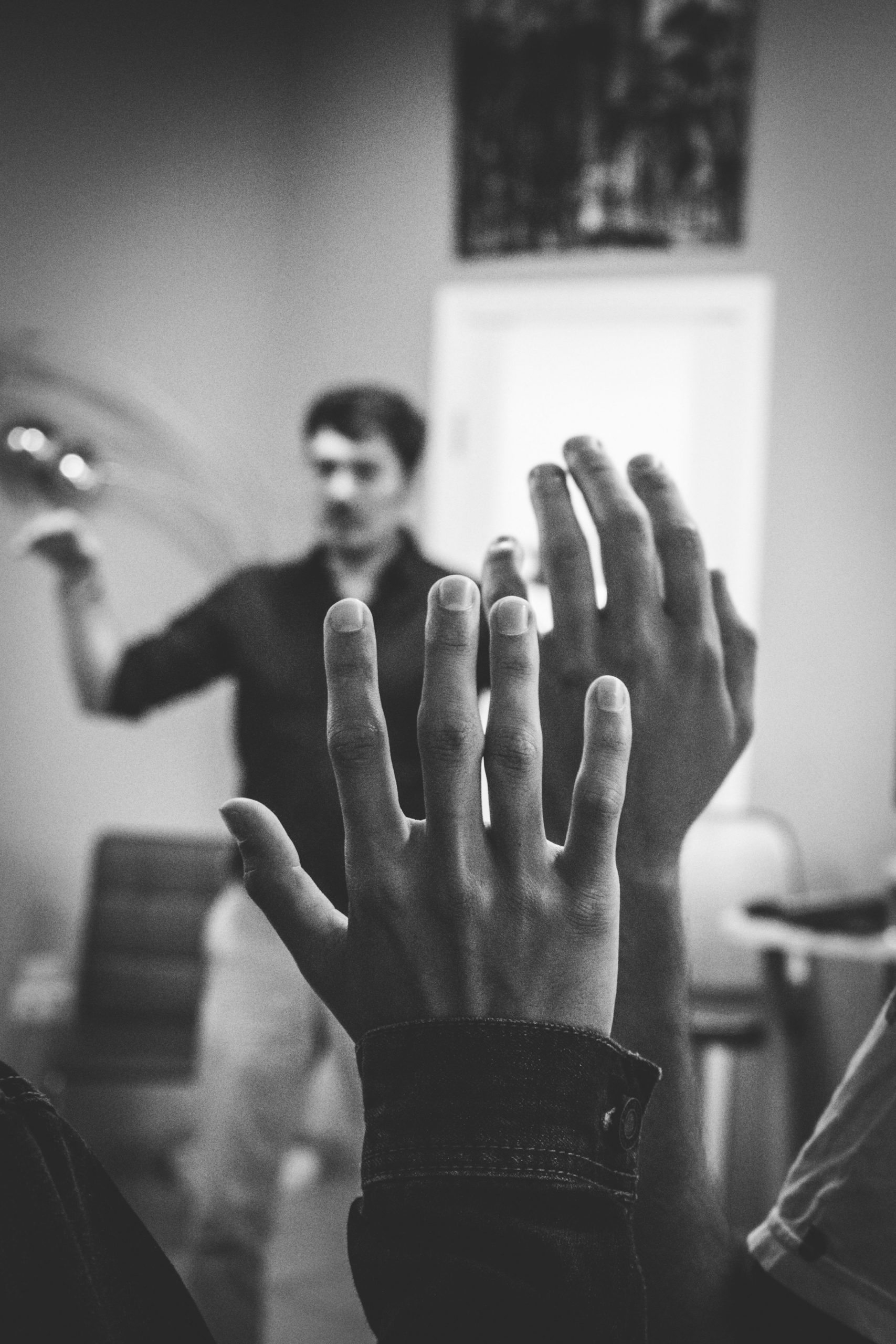Accidents and crimes are common. We hear about them every day on the news and from people around us, and it often leads to a legal battle. But can a personal injury claim invoke criminal law? Bourassa Law Group has highly skilled and experienced injury attorneys that have handled various cases on behalf of our clients and earned them the settlement they deserve. However, we also understand that the law is complex and not easy for the average person to understand. In this blog, we discuss injuries and criminal laws, the division between them, and where it overlaps.
How Do They Differ?
Personal injury and criminal law are two distinct areas of law that differ in several ways.
1. Nature of Case
Personal injury law deals with civil cases where a person seeks compensation for harm or injury. In contrast, criminal law deals with criminal cases where the government brings charges against a person for breaking the law. Crimes are typically categorized into five major types, and the punishment changes based on that.
2. The Burden of Proof
In personal injury cases, the plaintiff must prove that the defendant was responsible for their injury by a preponderance of the evidence. In criminal cases, the government must prove the defendant’s guilt beyond a reasonable doubt. Both injury and criminal law cases require proof before reaching a verdict.

3. The Remedy
The remedy in a personal injury case is usually financial compensation, while the remedy in a criminal case is punishment, such as imprisonment or fines. The median settlement in personal injury cases is $31,000 or less. However, this can vary depending on the extent of the injury and how well your personal injury case lawyers handle the situation.
4. The Purpose
The purpose of personal injury law is to make the injured person whole again and compensate them for their losses, while the purpose of criminal law is to punish those who break the law and protect society.
Where Do The Two Laws Overlap?
Personal injury cases and criminal law can overlap in cases where a person’s criminal behavior causes harm or injury to another person. For example, a hit-and-run driver who causes a car accident may face both criminal charges for leaving the scene of an accident and a civil lawsuit for personal injury brought by the people involved in the accident. In such cases, the criminal case may result in punishment for the defendant, while the civil case may result in financial compensation for the victim.
Another example of overlap between personal injury and criminal law is in medical malpractice cases, where a healthcare provider’s negligence may result in criminal charges for reckless endangerment or involuntary manslaughter, as well as a civil lawsuit for personal injury.
In these situations, criminal and personal injury actions may be pursued simultaneously, as the criminal case addresses the defendant’s punishment, and the civil case addresses the victim’s compensation.

Do You Need a Personal Injury Lawyer?
Contact Bourassa Law Group for a personal injury case lawyer with assistance on your case. Our firm has specialized pedestrian accident lawyers, asset protection attorneys, car accident lawyers, and more on board.
Contact us today to reach the settlement that’s right for you!





